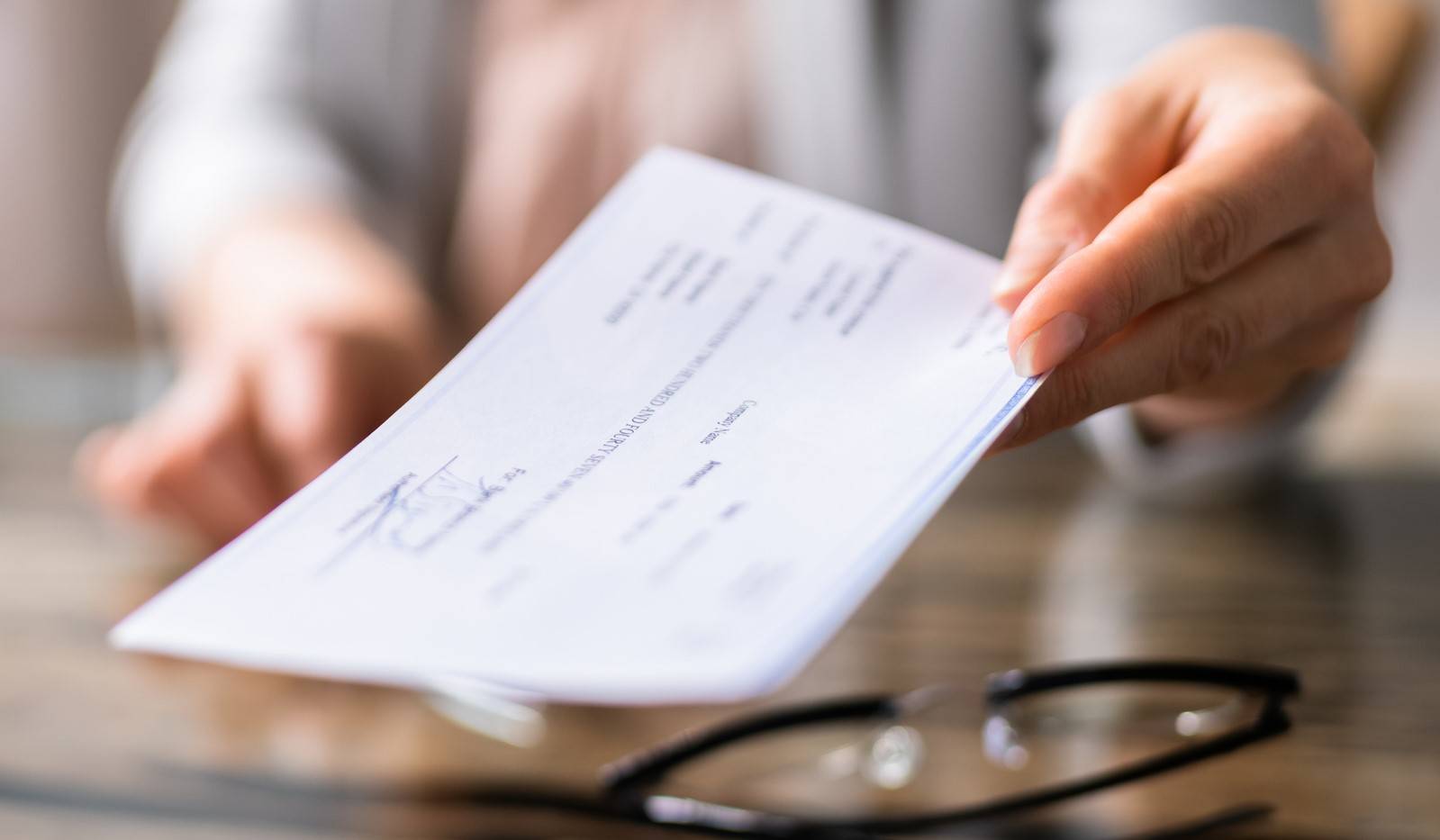
When your wages, bank accounts and other funds you use for essential expenses are seized to pay overdue debt, the results can be devastating. For example, a wage or bank garnishment may leave you without enough money for your car payment. If the car is then repossessed and you are without transportation, you risk losing your job for lack of attendance. Without a job, you might not be able to pay rent and other essential expenses. Fortunately, the automatic stay that comes with filing for bankruptcy can be a lifeline that helps you avoid financial catastrophe.
Under the federal bankruptcy code, when an individual files for Chapter 7 or Chapter 13 bankruptcy, most debt collection efforts must stop immediately. With certain exceptions (such as child support collections), creditors must temporarily halt all debt-collection efforts, including garnishment of wages and bank accounts. Even existing garnishments are suspended until further order of the court. The automatic stay gives the debtor time to evaluate their finances with their counsel and make intelligent decisions on how to proceed.
Under Georgia state law, a creditor may apply to the court for garnishment of wages or other funds owed to or held by the debtor. In most cases the creditor must prove the debt remains outstanding by way of obtaining a civil judgment against the debtor. The creditor must also show that the debtor has failed or refused to pay the judgment within the time prescribed by law. The court can then order that the creditor be allowed to garnish (seize) part of the debtor’s paycheck or funds held in a bank account. The debtor has the right to challenge or object to funds being taken.
Some creditors are not subject to the usual procedural requirements of garnishment. Outstanding and past due debts for federal and state income taxes, child support payments and student loans can be seized with minimal protections for the debtor. These priority seizures may be subject to federal and/or state law depending on the type of debt.
However, for the most part, the automatic stay blocks these garnishments and remains in effect until the bankruptcy is finalized. A creditor may petition the bankruptcy court to lift the stay for cause if the debtor acts in bad faith or violates certain provisions of the bankruptcy code. For more information on stopping garnishments by use of the automatic stay, consult a qualified bankruptcy attorney.
At Jeff Field & Associates, we concentrate our law practice on bankruptcy and debt relief. With six offices in the Atlanta, Marietta and Athens areas, our firm serves many individuals in Georgia. If you have a personal debt problem, feel free to contact us online or call 404-381-1278 for an initial consultation.
Please fill out the form below and one of our attorneys will contact you.





